Frederica Freyberg:
It is February and more and more people around the state and country are realizing the importance of Wisconsin’s Supreme Court race this spring. There are four candidates running and the primary election on February 21st will determine which two advance to the general election in April. “Here & Now” senior political reporter Zac Schultz continues our series of interviews with the candidates, this week with Everett Mitchell, a Dane County circuit court judge.
Zac Schultz:
Give me a sense of your judiciary philosophy, if it can be boiled down.
Everett Mitchell:
I think for the most part, my judicial philosophy is kind of rooted in two pieces. One, it is understanding an understanding of a living document so the way we view the Constitution really is about making sure we look at it to expand and cover the current issues we do and the current issues we will encounter as a future generation and I think our Constitution was written to be able to give us the flexibility to be able to expand that. But there are times when I think you need to have what I call a bifocal approach where you need to be able to understand the original intent of the Constitution but don’t let that original intent stop you from being able to expand it to include some of the things that are important for our state moving forward. It’s that living Constitution perspective as a judge that allows for flexibility when making decisions that impact everyday Wisconsinites.
Zac Schultz:
When a strict constructionist or constitutional originalist will hear that, they’ll say, well that allows you to bring your politics. That allows you to read into the Constitution what you want to. How do you respond to that?
Everett Mitchell:
I would say that really is not given. We have amendments for a reason. I didn’t make up amendments. We have a whole bunch of amendments that allowed for them to expand the kinds of things our Constitution did not envision. It didn’t envision women voting. It did not envision Black people who were enslaved being free. It did not envision access to certain voting rights. It didn’t envision all those things. If we only reflected on straight constitutionalism, it’s almost as though you’re going to disregard all those other amendments that have allowed for our communities to evolve and continue to meet the needs where we see people need. It’s not disregarding. It is actually embracing what the spirit of the Constitution was meant and that’s why we were able to have all those amendments to give access to things the original intent and original framers did not give access to.
Zac Schultz:
Justice Louis Butler was the first African-American man to be serve on the Wisconsin Supreme Court. When he ran for re-election, he faced one of the most racist campaigns we’ve ever seen launched against a justice.
Everett Mitchell:
Probably the first.
Zac Schultz:
What have you learned from him and what in preparing for this race for you?
Everett Mitchell:
One, I think I spent a lot of time thinking about — first of all, he’s endorsed me. I listened to him. I learned from him. I talked to him about what things he would have done differently at that time. And as a judicial career, I spent a lot of time investing in the things that make hearts matter. Making sure we’re clear about our messaging with our young people, ensuring we are focused on the right messaging in communities and then being transparent with people because having conversations about race, having conversations about the things that really do incarcerate the minds and imaginations so many different people who have been affected by racist cultures really allows for me then to be able to have those conversations. I think Justice Butler at that time, he was getting hit with something nobody had ever been done before, the darkening of skin, the tones. I’ve had great conversations with helping many members of our community for years, really helping them understand all of us have been programmed with this super-predator myth. Any time they want to scare majority white individuals in our communities, all they do is darker skin, play some undertones and it sends people back to the ’80s and ’90s when they were programmed every night to think about young Black men as dangerous. And it sits in our subconscious. For me, it’s explaining to people, you have a choice. You don’t have to continue to let that ruin your subconscious or you can listen to who people are and not let TV ads scare you into believing the person can’t represent your particular interests.
Zac Schultz:
You compare what Justice Butler went through to what we saw last year in the U.S. Senate race with Mandela Barnes, has there been a change and what can you learn from that race just last year?
Everett Mitchell:
Again, I think you go back to that same perception. This idea – what makes you dangerous, what makes you afraid and people will make things up in order to create that. It’s really up to Wisconsinites and all people really to say we’re not going to allow these kinds of images to deter us from understanding who people are. Listening to their ideas, listening to their concerns and making our decisions based on that. I think we’ve learned a lot from that. I think watching the Mandela race is a reminder these attacks are still out there but I also say the same thing about Wisconsin. We elected Obama twice. So this narrative can be broken because we broke it twice. And we broke it to elect our first African-American president and Wisconsin was the ones who gave him that victory twice. Yes, we have that history but we also have a history of being progressive on ideas and using character as opposed to color to define who individuals are.
Zac Schultz:
What do you think of the other candidates in this race? Are you running against them in the primary? Are you trying to distinguish yourselves as one of the two so-called liberals versus two conservatives?
Everett Mitchell:
I think what defines me differently is we are all going to have our values that make a difference, right? Former prosecutors elected as judges committed to the rule of law but what differentiates me between them is my leadership both on the bench and off the bench. Rather using my voice and my power of the Black robe to take handcuffs off children to make it more fair or the rules to C-CAP so we can remove C-CAP and remove people who have been charged and been dismissed or evictions that have been dismissed. In fact I just found out UW Law School created an app that allows for people to more easily get those charges they have been found not guilty of or those evictions off their C-CAP record even easier. So now people actually have easy access but if I had never made that motion and fought for that then, we wouldn’t be in these years later being able to give relief to Wisconsinite. It’s those kind of actions and those kind of values that really differentiate me from the rest of the field of individuals who are there because I’m really trying to make sure the system is fair and none of this stuff about talking about I’m going to be fair because it’s not fair and there’s a whole bunch of inequality built into the system but it’s our job as judges to ensure those that come before do receive due process in a fair and balanced way and we’re not just simply repeating or redoing the system that sometimes can oppress and hurt those that are there in front of us.
Zac Schultz:
One of the phrases that gets tossed around a lot is judicial activism. What’s that mean to you? Does it have a meaning that you think most people can agree on?
Everett Mitchell:
I think it just basically means judges are involving themselves in creating legislation from the bench. They’re not just following the rule of law but they’re actually taking a more proactive stance in their rulings to impact decisions being made. An example of judicial activism in some ways is the Roe decision – the overturning of Roe because in many ways they were asking for and doing something the world was not really asking for. It was a conservative group. That was an act of what I thought was an act of conservative activism. So judicial activism really is that, is creating legislation from your decision which is kind of interesting because in many ways, if anybody’s ever been a circuit court judge, you’re always asked to make decisions for which there are no answers both in statute or case law so you have to be active in creating fairness. You have to be active in creating just outcomes for people. You have to be active in the community to make reforms, to make our community better. In many ways it’s a political term that’s meant to distract us away from the roles that judges, really everyday judges really do because it’s not always defined clearly what you’re supposed to do and how you’re supposed to rule and make these decisions.
Zac Schultz:
This is going to be one of the most highly anticipated Supreme Court elections in the state’s history. Are you getting that sense from people you’re talking to that they understand the magnitude? The fact there are a lot of people outside of Wisconsin paying attention to the significance of this race?
Everett Mitchell:
I think they are. I think – what you’ve got to understand is a lot of Wisconsinites are still struggling with inflation. Jobs, joblessness and rents that are skyrocketing. I mean how much it costs to get a carton of eggs now? I mean used to be you go to Kwik Trip and you be able to get some for 99 cents. Those days are gone. So I think the everyday struggles a lot of Wisconsinites are facing, that’s what I’ve heard when I traveled throughout the state is really sucking up that energy. I think as we turn more toward February, it will give more ability for people to say, ok, how does this matter to me? How is that? If a campaign is effective and I think we’ve been effective in many places, helping people understand the court systems have a direct impact on your life. How does it impact you? Well you felt it in November with gerrymandering. How does it impact you? You feel it with incarceration and the impact incarceration has on minority communities. How does it impact you? Well, the Supreme Court is reviewing ICWA, Indian Child Welfare Act and its potential impact on our native and indigenous communities. Translating the need for having people who understand the world of issues that so many Wisconsinites feel is going to be important to getting people to understand why this race is important and significant.
Search Episodes
Related Stories from PBS Wisconsin's Blog

Donate to sign up. Activate and sign in to Passport. It's that easy to help PBS Wisconsin serve your community through media that educates, inspires, and entertains.
Make your membership gift today
Only for new users: Activate Passport using your code or email address
Already a member?
Look up my account
Need some help? Go to FAQ or visit PBS Passport Help
Need help accessing PBS Wisconsin anywhere?

Online Access | Platform & Device Access | Cable or Satellite Access | Over-The-Air Access
Visit Access Guide
Need help accessing PBS Wisconsin anywhere?

Visit Our
Live TV Access Guide
Online AccessPlatform & Device Access
Cable or Satellite Access
Over-The-Air Access
Visit Access Guide
 Passport
Passport





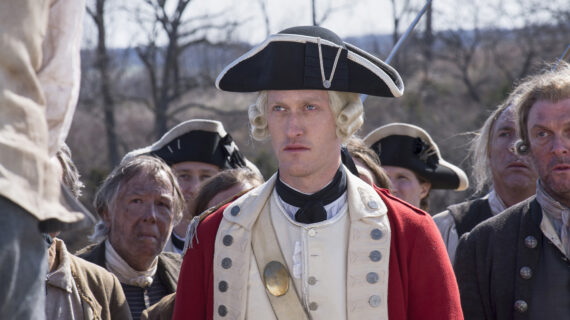
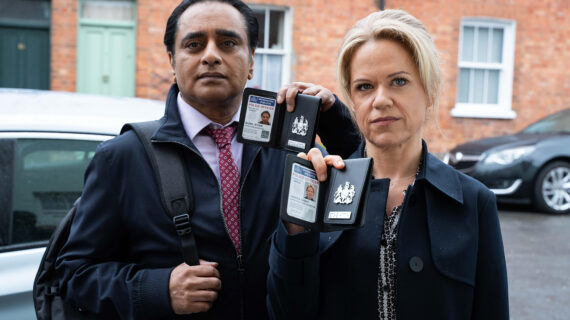
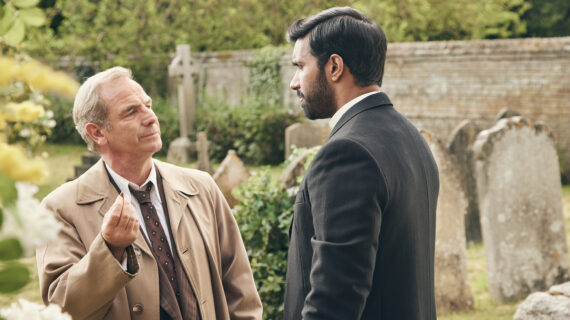


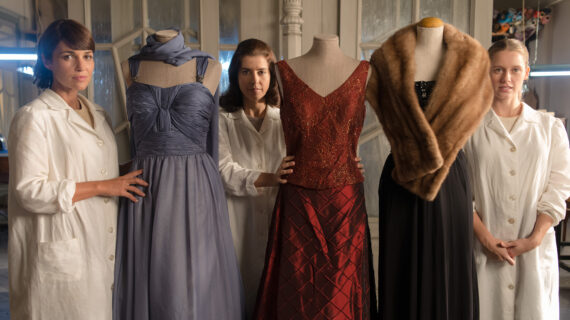


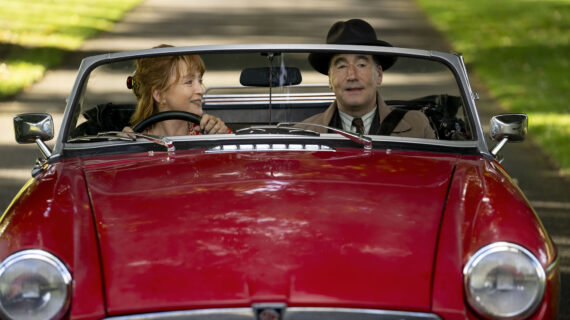
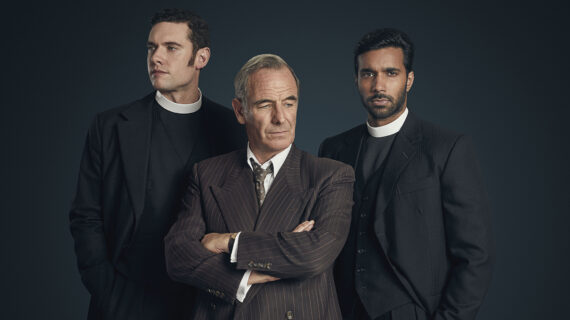


Follow Us